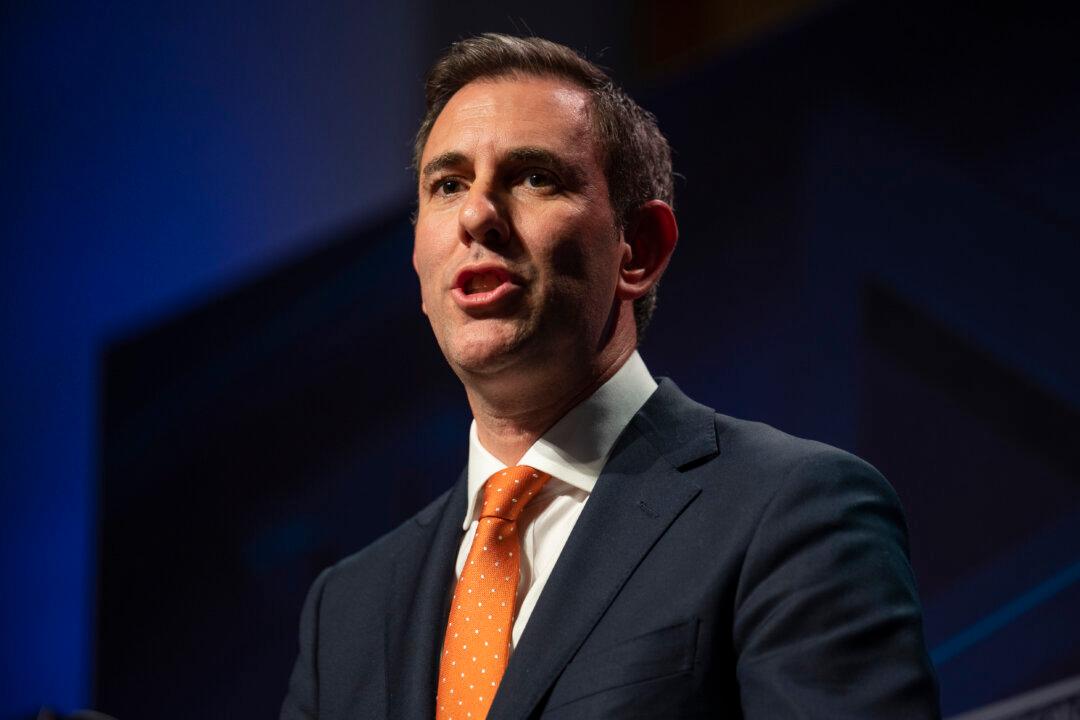Australian Treasurer Jim Chalmers has downplayed threats of retaliation from Beijing as the country follows in the stead of other governments in imposing mandatory COVID-19 testing on Chinese travellers.
The Chinese communist regime has condemned the measure introduced on Jan. 5 on travellers from China, Hong Kong, and Macau.





